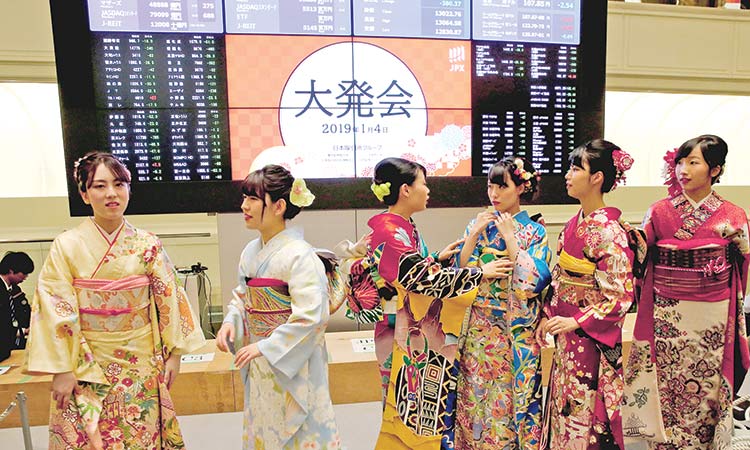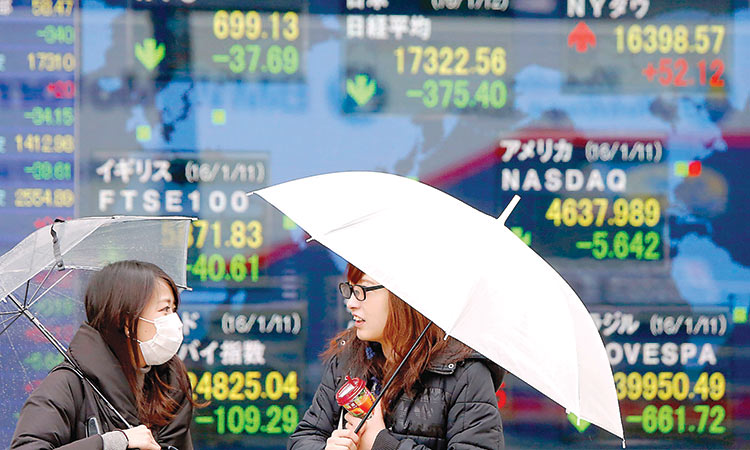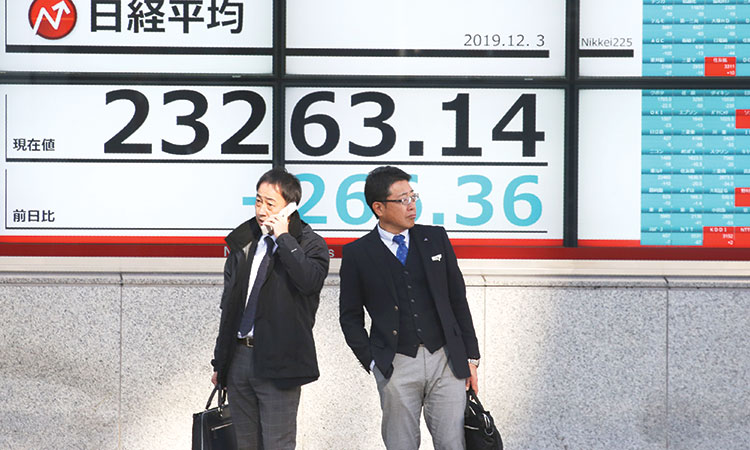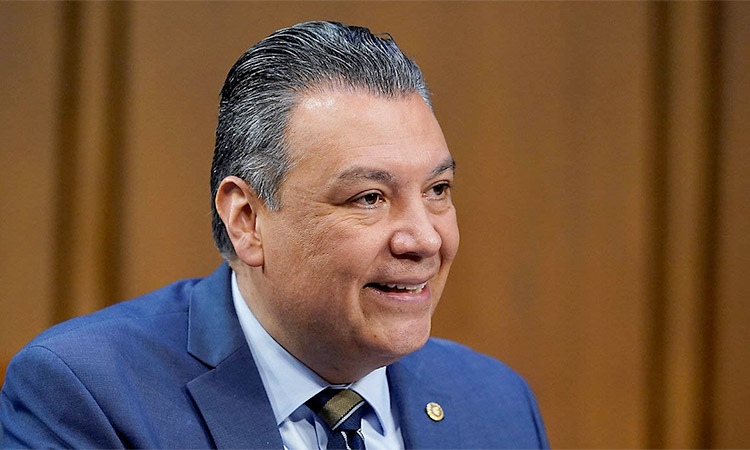Japan’s pay rises to check rising living costs
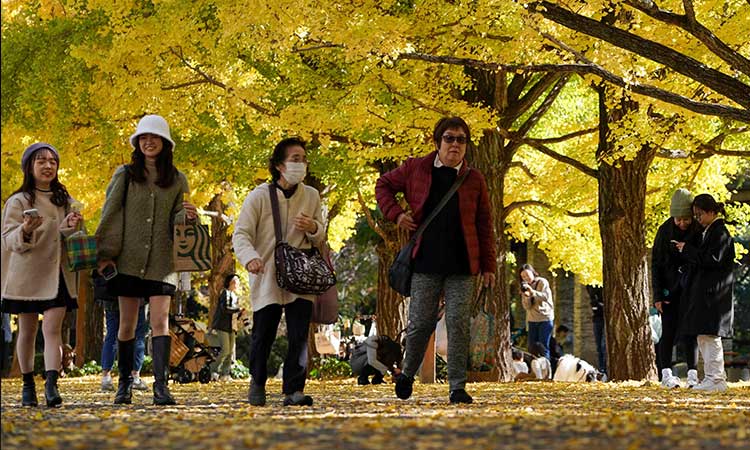
People stroll along the ginkgo tree line at Show Kinen Park in Tachikawa, Tokyo prefecture, Japan. AFP
Early indications from businesses, unions and economists suggest the labour and cost pressures that set the stage for this year's pay hikes – the largest in more than three decades – will persist heading into next year's key spring wage talks.
The head of major beverage maker Suntory Holdings Ltd, for example, plans to offer employees average monthly pay hikes of 7% in 2024 for the second straight year, to retain talent in a tight labour market and offset rising inflation.
Meiji Yasuda Life Insurance Company intends to raise annual pay by 7% on average for about 10,000 employees from next April, while electronics retailer Bic Camera is set to raise 4,600 full-timers' pay by up to 16%.
Those announcements come as Kishida heaps pressure on companies to hike pay to offset the pain on households from rising living costs, according to a Reuters report.
The back-to-back annual pay bumps would also provide Bank of Japan Governor Kazuo Ueda with one of the preconditions he needs to dismantle the extreme monetary stimulus of the past decade: sustainable wage growth.
OECD data shows average wages have barely risen in Japan for about past 30 years as chronic deflation and prospects of prolonged low growth discouraged firms from raising pay.
The tide began to shift after supply constraints caused by the pandemic and the Ukraine war led to sharp rises in raw material prices, forcing firms to pass on higher costs to consumers.
With inflation having held above the BOJ's 2% target for more than a year, companies have faced unprecedented pressure to compensate employees with pay hikes to retain and lure talent.
A demand made this year by Rengo, Japan's largest trade union confederation, for pay hikes of "around 5%" resulted in average wage hikes of 3.58% among major companies. Rengo has said it will demand a pay hike of "5% or higher" next year.
Another major union UA Zensen, which covers service-sector workers and part-timers, said it would demand a pay 6% rise next year, in line with this year's demand, the Reuters report adds.
Six out of 10 economists in a Reuters poll expect major firms' pay hikes in 2024 to exceed this year's.
While lifting wages has been an elusive goal for Japanese policymakers for decades, recent cost-of-living pressures have added urgency to the task.
With his approval ratings plunging, Kishida has pledged to achieve another year of robust pay hikes and avoid the economic stagnation Japan saw in the late 1990s and early 2000s.
The prime minister last week called on the business community to beat this year's wage growth in 2024.
Kishida has offered subsidies and tax incentives for firms that carry out bold pay hikes and plans to allow loss-making SMEs who don't pay taxes to benefit from tax breaks later on. The premier also aims to give SMEs more bargaining power in negotiations with bigger clients.
Another year of solid wage growth would also help the BOJ pursue an end to its controversial monetary stimulus. Markets are betting the central bank could end negative interest rates by around April, when it gets more clarity on wages.
The BOJ's quarterly tankan business survey in December and wage talks between Japan's largest business lobby and Rengo in January may offer even earlier clues. The key, however, would be whether wage hikes broaden to smaller firms and those in the regional areas.
A report by the BOJ's regional branch managers in October warned wage hikes remained uneven among sectors with many firms undecided on next year's pay increments.

